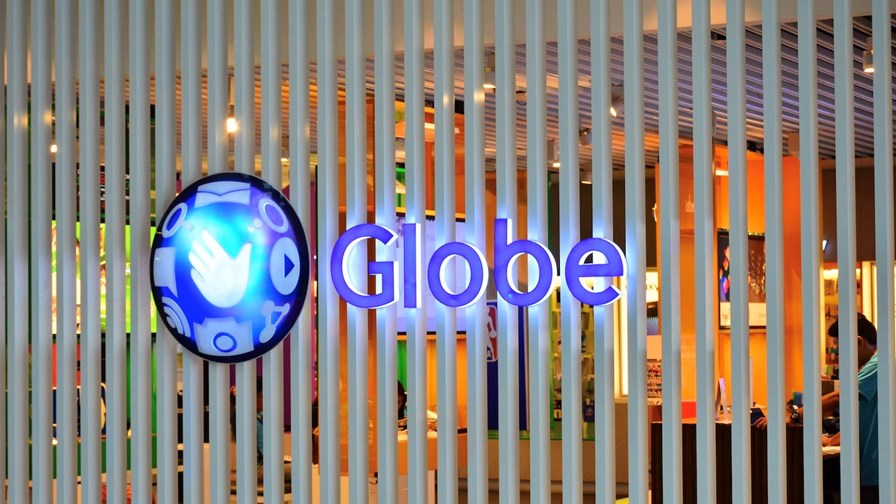
- The Philippine operator has turned its attention to the possibilities of AI
- It is looking to use the technology to improve efficiency and reduce costs
- And plans to automate routine tasks in customer engagement operations
Philippine telco Globe is the latest operator to explore the potential of AI by seeking to automate a number of customer engagement functions to improve operational efficiencies and cut costs.
It is looking into the potential of using AI to enhance customer service by automating routine tasks, according to the company, and has already identified “promising use cases”, especially in outbound calling, customer care and revenue collection.
The operator’s president and CEO, Ernest Cu, told Bloomberg TV that Globe’s aim is to reduce costs while improving efficiency, and explained that AI will act as “a big contributor to our exercise”.
Internally, Globe has already been harnessing AI capabilities to improve employee care. Examples include an official health monitor, called the Digital Usher for Disasters and Emergencies (DUDE), as well as a recognition chatbot called Wanda, which lets employees send e-cards to one another. Globe has also been using yet another AI-powered chatbot, dubbed EVA (short for Employee Virtual Assistant), to answer HR-related questions from staff.
“The use of chatbots and other technologies helped the company adopt a multi-faceted approach to active employee engagement, thereby boosting the daily experience of employees,” the company stated in a blog.
Cu also highlighted the use of AI in customer interactions carried out entirely in the Tagalog language, and pointed out the high quality of the interactions. “I was truly amazed and impressed at how human the conversation was and how effective it will be given the fact that we are driving towards automation, towards cost-cutting and efficiency,” he said.
AI gains traction
Globe is not the first operator looking into using AI to boost the efficiency of its workforce. Last month, US telco giant AT&T introduced a generative AI (GenAI) tool in a bid to boost the productivity of its coders and software developers, and to translate and simplify customer and employee documentation from English to other languages.
Veon, the international operator that runs networks in Asia and eastern Europe, has also been active in this space. In May, it unveiled it has developed its own GenAI technology tool targeting automated customer care functions across its digital services in Kazakhstan – see Veon jumps on the GenAI bandwagon.
Ultimately, there won’t be a communications service provider that doesn’t, in one way or another, make use of AI tools in their day-to-day operations, but there are still many challenges to overcome before the industry becomes AI native. The topic was explored during a recent DSP Leaders World Forum session that was co-hosted by Deutsche Telekom’s VP of technology strategy, Ahmed Hafez, while the results of the poll that ran alongside that session suggested that decision-makers at network operators still need a great deal of education about the potential impact that AI will have on the industry – see Telco top brass need to gen up on AI – poll result.
- Yanitsa Boyadzhieva, Deputy Editor, TelecomTV




